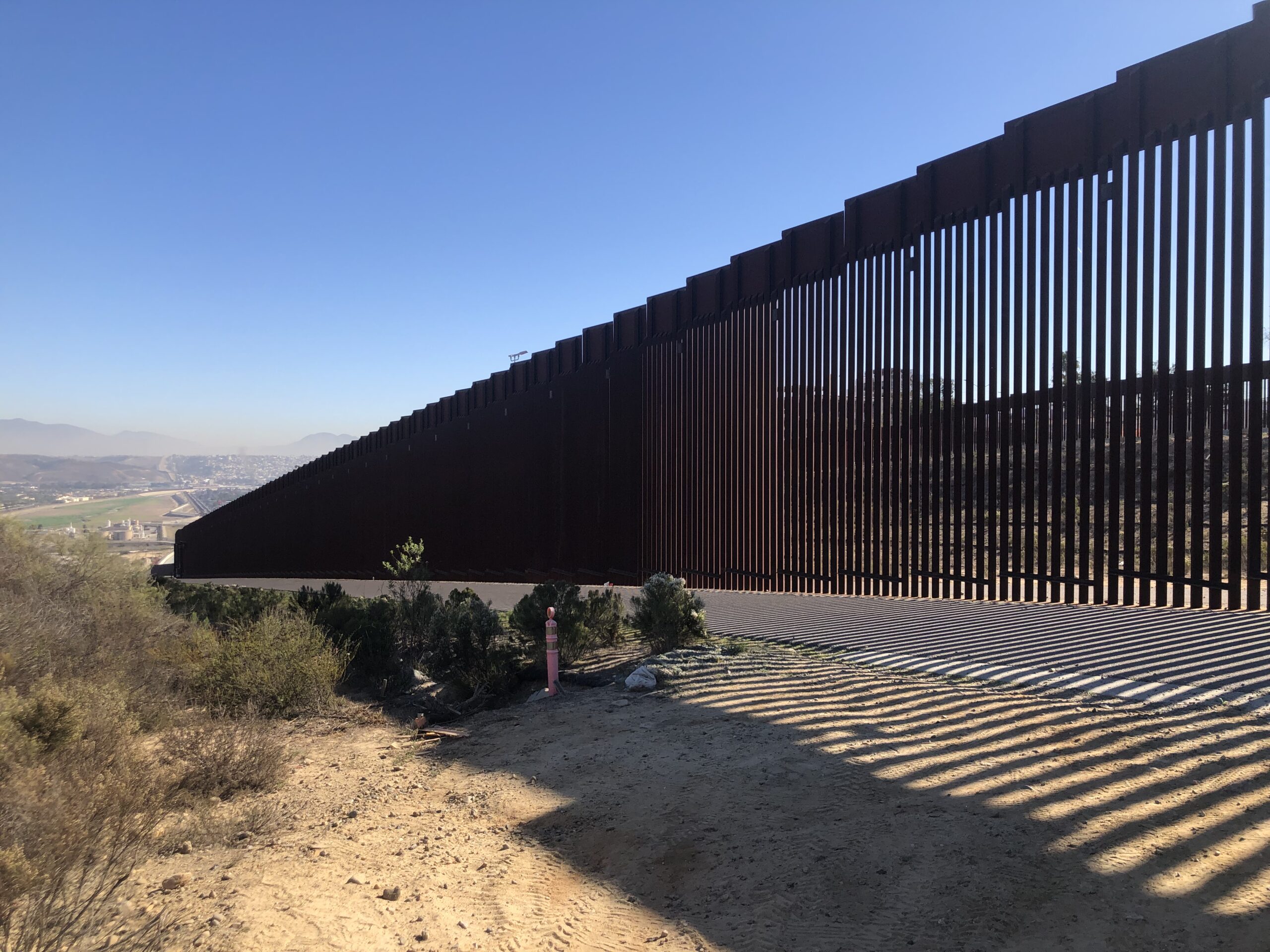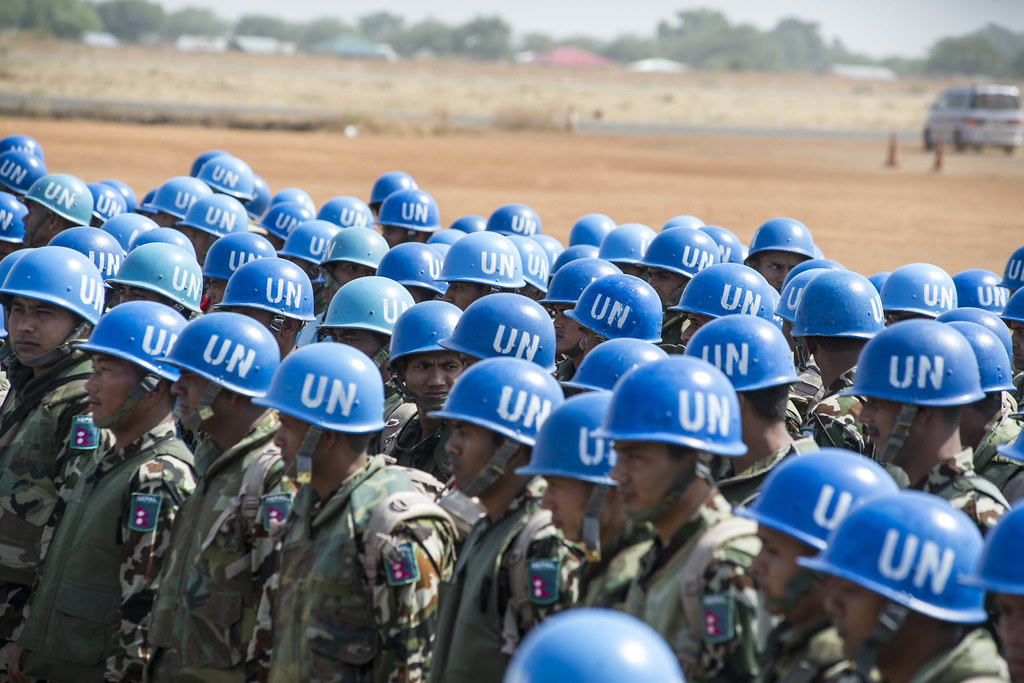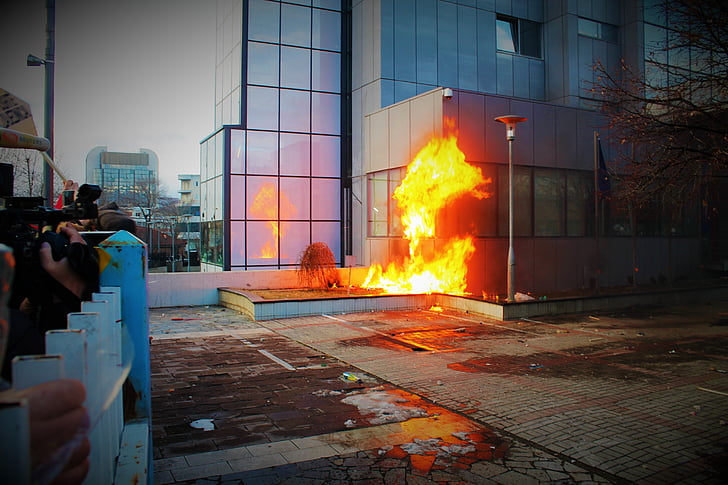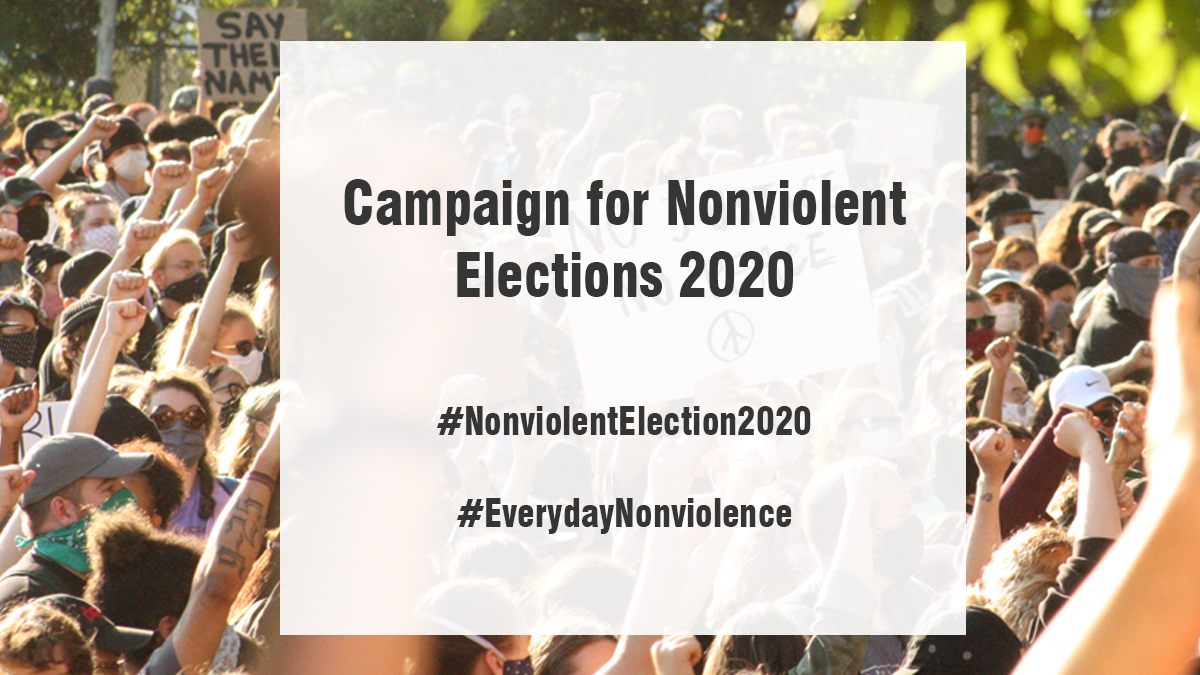
Women Acting to Dismantle Violent Extremism
“Violent extremism” must be reconsidered from the standpoint of local women, rather than from a “narrow, Western-centric, and male-dominated” perspective—a move that reveals, in the context of Iraq and Syria, the inclusion under that label of violence attributed not only to Salafi-Jihadist groups but also to government forces, “government-affiliated militias,” and patriarchy.

The Status of Civil Society Influences Whether Democracy Aid Spurs Civil War
Foreign democracy aid increases the likelihood of violence in contexts where civil society organizations (CSOs) are weaker—where these groups have faced state repression and/or exclusion, or where they exhibit low trust in the government’s commitment to democratic reforms.

Does Security Force Fragmentation Make Defections More or Less Likely?
The kind of security force fragmentation matters when it comes to how likely security forces are to defect in the face of a violent or nonviolent uprising.

War Prevention Initiative Statement on Events at U.S. Capitol on January 6, 2021
The War Prevention Initiative (WPI) strongly condemns the far-right mob threat to democracy that took place at the U.S. Capitol on January 6, 2021 in an attempt to overturn the results of a free and fair election

Experiences of Structural Violence in the Stories of Undocumented Latinas in the U.S.
A selected group of undocumented Latina immigrants in the U.S. reported experiencing direct and indirect violence; and negative physical and emotional consequences from violence.

Does Increasing the Number of UN Peacekeepers Prevent Forced Displacement?
An increase in the number of peacekeepers in an area did not reduce the number of incidences of forced displacement or the number of internally displaced persons (IDPs) fleeing that same area.

War Prevention Initiative: “Ensure atrocities prevention measures and support long-term peacebuilding efforts in Ethiopia”
FOR IMMEDIATE RELEASE December 10, 2020 Contact: Mulugeta Haiybano (mulay@warpreventioninitiative.org) or Patrick Hiller (patrick@jubitz.org) War Prevention Initiative: “Ensure atrocities prevention measures and support long-term peacebuilding efforts in Ethiopia” PORTLAND, OR – At the War Prevention Initiative, we call for urgent and long-term responses to address the civil-military conflict between Ethiopia’s central government and the Tigray … Read more

Why Do Individuals Support Political Violence?
When aggrieved individuals perceive that their political activities make a difference, they are less likely to support political violence to change the status quo, meaning that this sense of “political efficacy” is a moderating factor in individuals’ likelihood to support political violence.

Why Do Some Protests Escalate to Violence?
A protest is more likely to escalate to violence a) the more recently it has faced state repression and b) when it is spontaneous rather than well-organized.

Power and Co-optation in Protester-Police Interactions in Nonviolent Protest
In South Africa, “dialogue policing” and other seemingly benign “soft-policing” tactics during protests ultimately serve the interests of the state.

Campaign for Nonviolent Elections 2020
The War Prevention Initiative is supportive of the Commitment to Uphold Democracy articulated in the Hold the Line Guide and the TRUST Network’s goal to prevent and mitigate violence stimulated by electoral politics and underlying social issues – before the 2020 elections, during the vote, and in the aftermath. In order to spread awareness about … Read more
